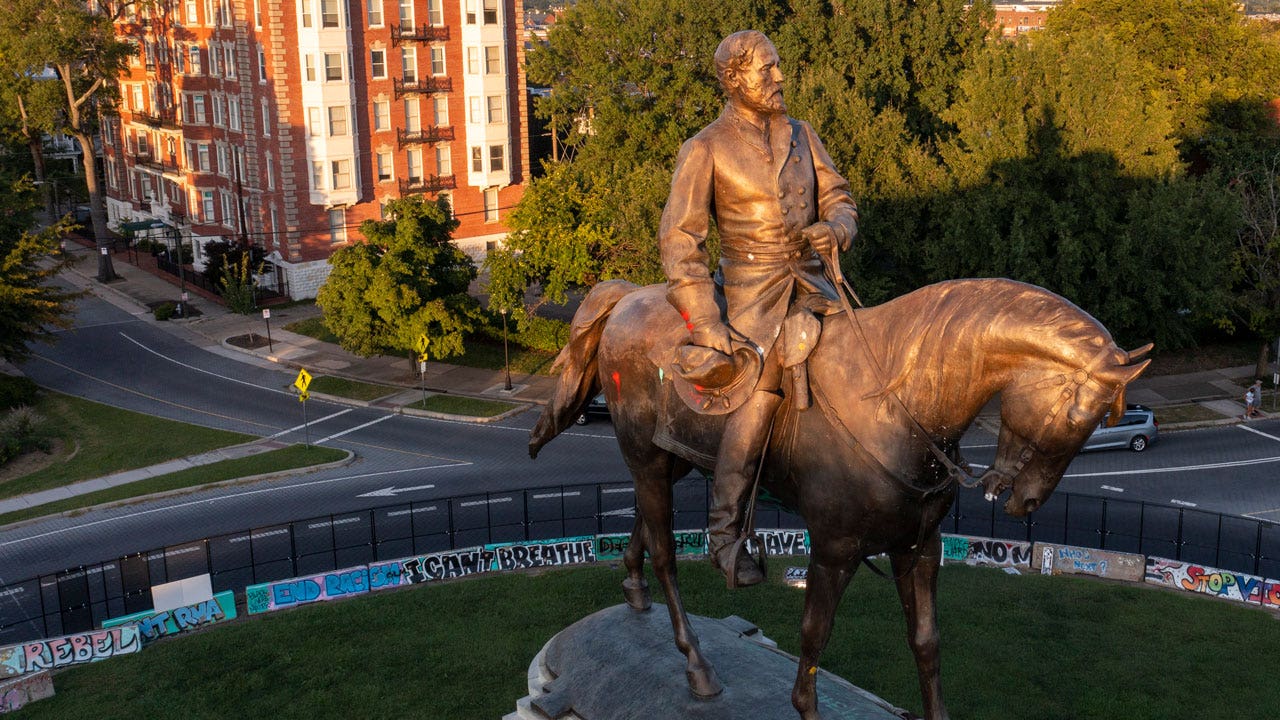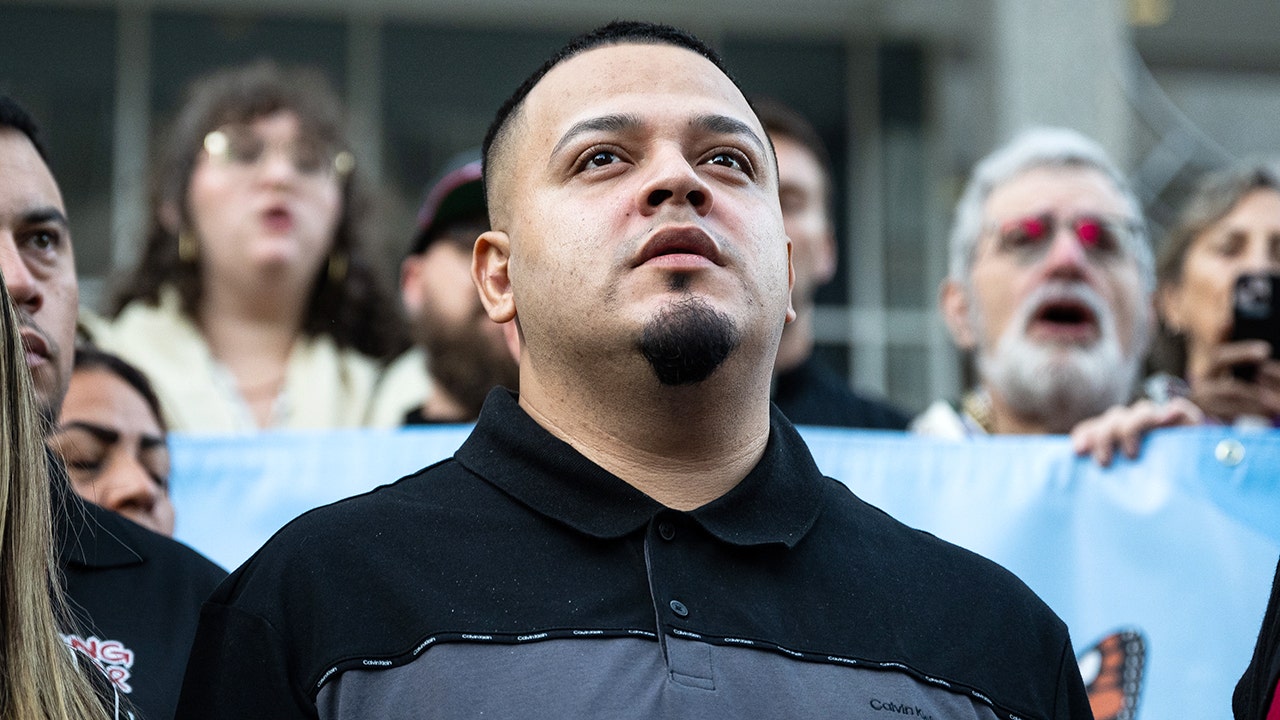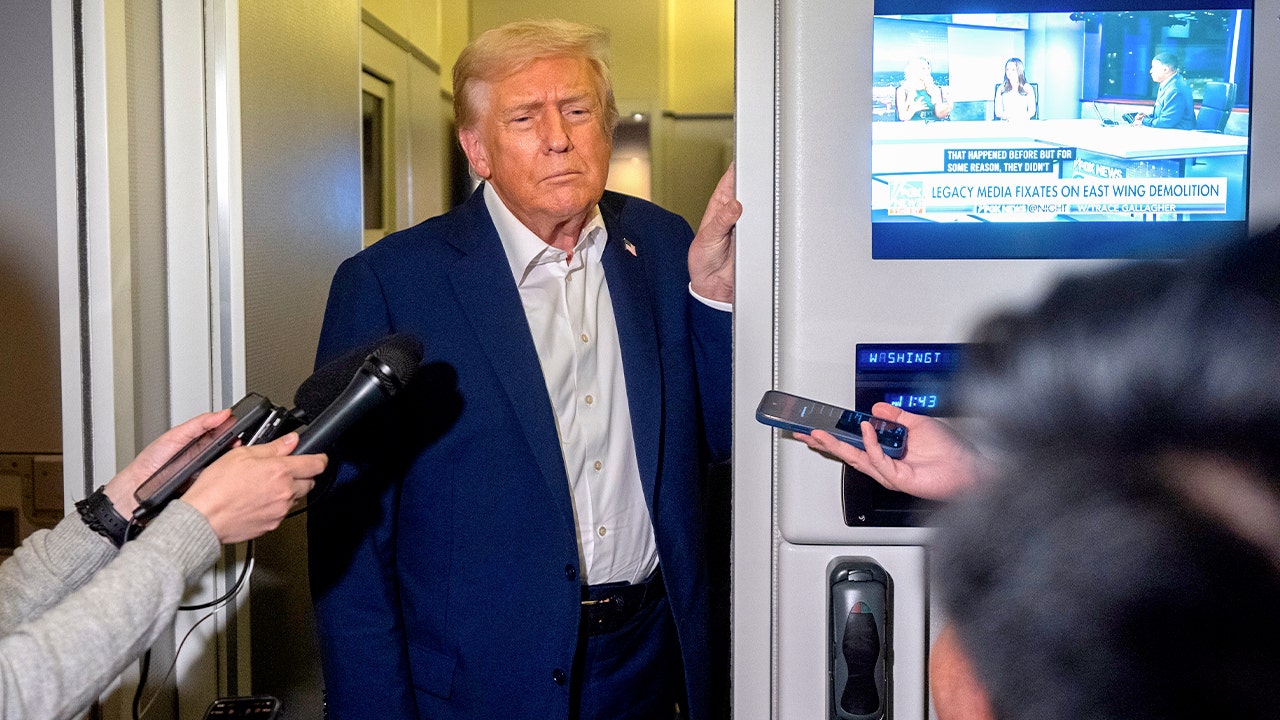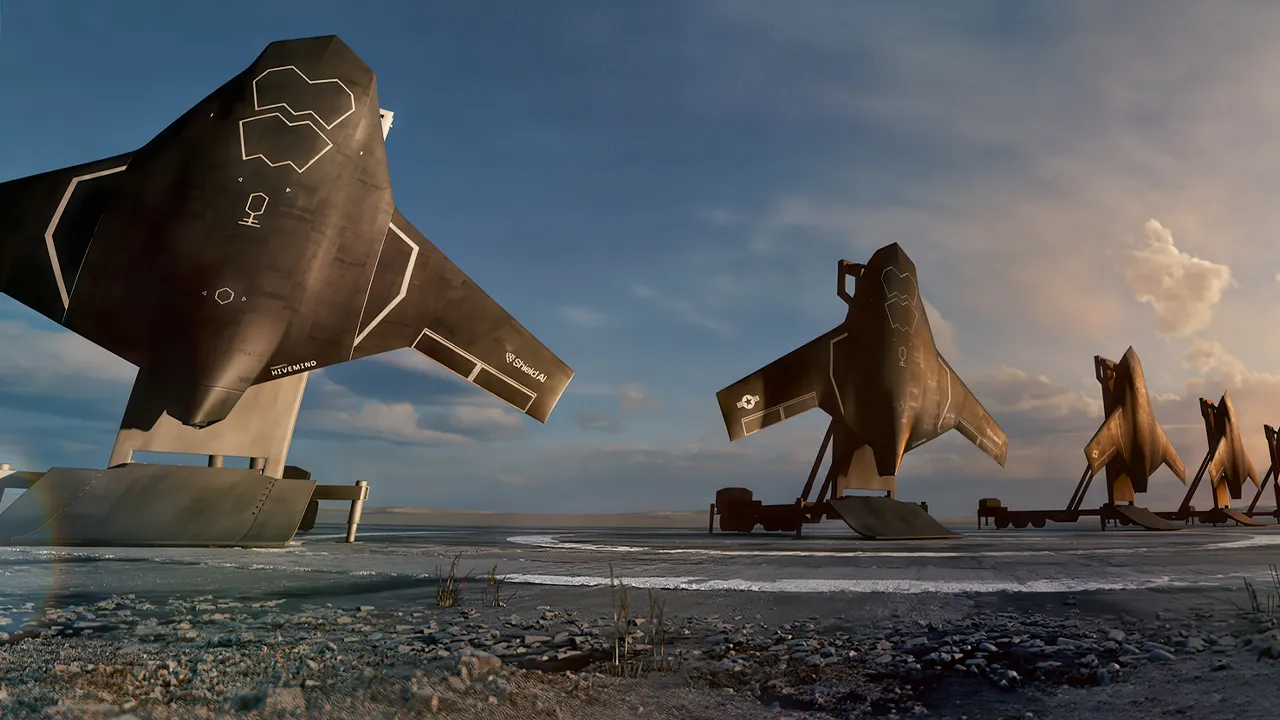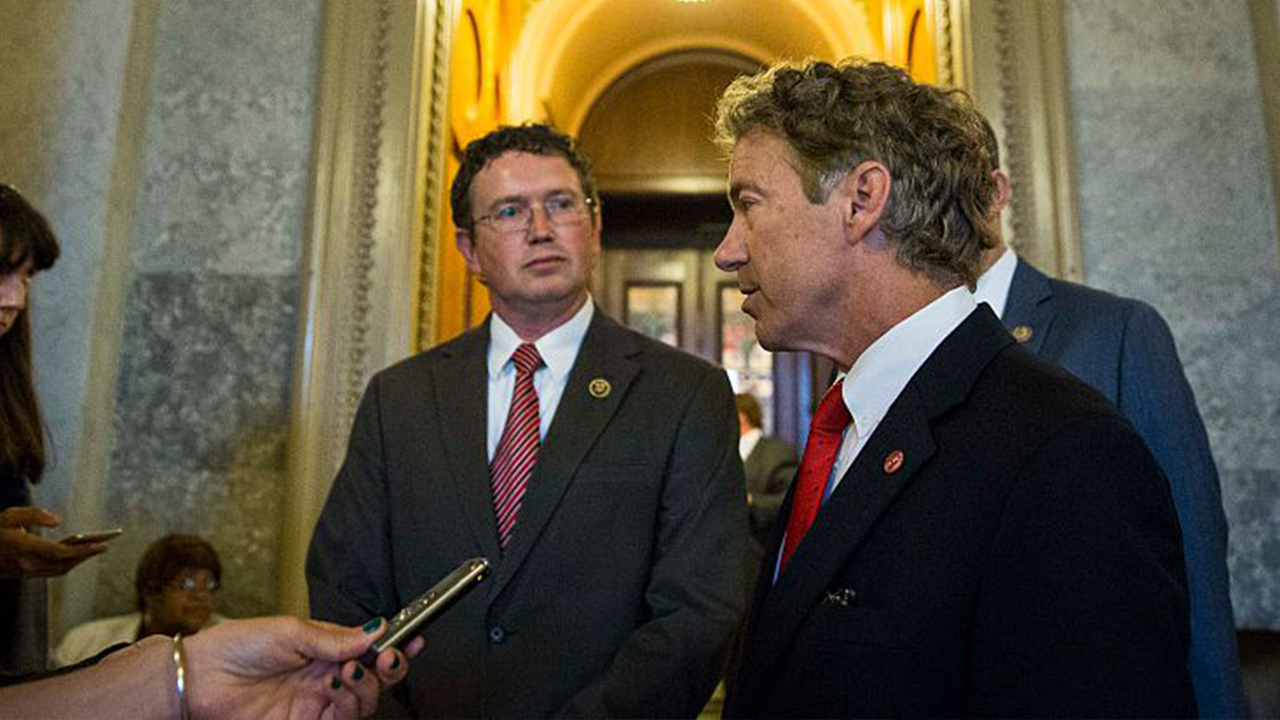Where ‘hooah,’ ‘oorah,’ and ‘hooyah’ came from and why they still echo
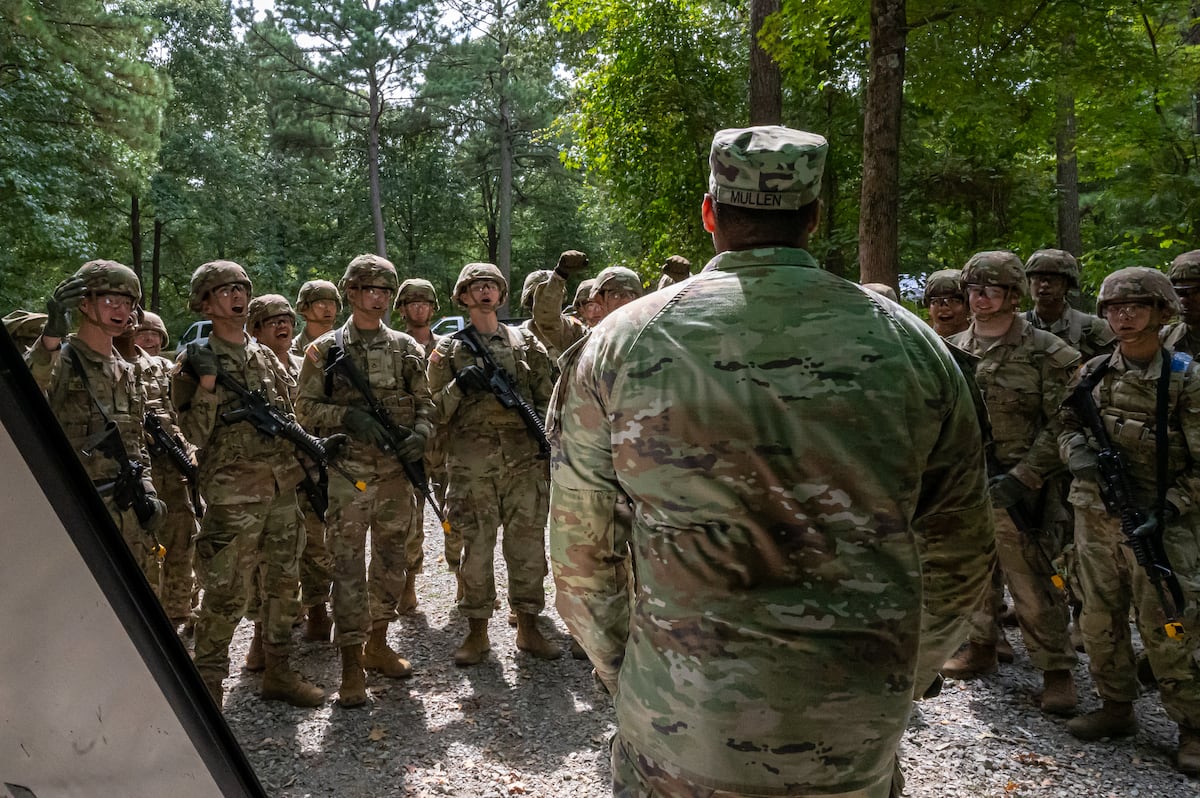
You’ve heard them during morning formations, over the roar of C‑17 engines, and in muddy chow halls at 0400. The battle cries “Hooah,” “Oorah,” and “Hooyah” aren’t just calls; they’re part of service life. Each is a signature of branch pride, and each carries a history steeped in grit, camaraderie and tradition.
Hooah: the Army’s walkman of affirmation
“Hooah” is the Army’s answer to everything from “loud, gym‑ready affirmative” to “I acknowledge” and sometimes even “I disagree, but I’m not arguing.” It’s an emotional Swiss Army tool, and its origin is debated.
One theory credits it to the acronym “H‑U‑A,” standing for “Heard, Understood, Acknowledged,” used to streamline radio communications, though that seems more folk etymology than etymology.
Historical sources suggest an older origin: During the Second Seminole War in 1841, soldiers toasting Seminole chief Coacoochee spoke of “How d’ye do.” Reportedly, his reply, a guttural “Hough!” was phonetically absorbed by soldiers, morphing into the modern “hooah.”
Fast forward to today, the word is embroidered on combat trainers, scrawled on chalkboards and even approved by Army doctrine.
Former Army Chief of Staff Gen. Gordon Sullivan once described “hooah” as shorthand for “battle focus,” adding that spelling didn’t matter so long as the intent was clear.
Oorah: a Marine Corps call born underwater
“Oorah” is second only to the Eagle, Globe and Anchor. Sharp, blunt, and unapologetic, it’s a challenge to strive for improvement.
Its origin story is linked to the Perch, a submarine that operated in the early 1950s. Marine Reconnaissance units aboard recalled mimicking the crew’s dive‑alarm klaxon, an “Aarugha” echoing through hatchways, eventually shortened to “oorah.”
A few years later, career Marine Sgt. Maj. John R. Massaro introduced the chant to recruit training in San Diego. By the late 1950s, “oorah” had become entrenched in Corps training culture.
For Marines, “oorah” signifies more than recognition. It’s a form of respect, a marker of identity and a way to honor shared hardship. In official manuals, it’s even considered an acceptable affirmative response. That weight of purpose sets it apart.
Hooyah: the Navy’s gruff whisper
“Hooyah” belongs primarily to sailors, particularly those in special warfare. It was born in the crucible of Basic Underwater Demolition/SEAL training. Instructors used it as an expression of defiance during grueling evolutions, such as Hell Week swim drills, rope climbs and sinking boats.
When trainees answered with their own “hooyah,” it became a moment of unity.
By the mid‑2000s, the word had spread to Navy EOD teams and diving communities, solidified through endorsements from senior enlisted leadership.
Unlike its loud cousins, “hooyah” is used not just to signal commitment, but as a warrior whisper among the Navy’s elite.
Shared meaning, distinct identity
At first listen, the three calls may sound interchangeable. Each is a sharp exhalation, a way to release energy and express belonging.
But each also carries its branch’s culture: Army grit offers “hooah,” Marine grit gives “oorah,” and Navy, especially undersea grit, produces “hooyah.” Misusing one in another branch’s space can provoke eye rolls or even an abrupt correction. But it also sparks friendly rivalry.
In recent years, the calls have spread beyond barracks.
Civilians wear emblems with these words. Tattoo parlors near post gates offer “hooah” sleeves and “oorah” forearms. Navy boot camps incorporate “hooyah” from Day One. Recruiters show it on screens to exemplify discipline and brotherhood.
These three words also serve as linguistic links across generations, connecting soldiers in the 19th century with today’s digital force. They endure because they convey more than affirmation; they contain a shared ethos.
Echoes that bind
Army doctrine emphasizes unity, leadership and esprit de corps, also known as morale. Marine training builds warriors who never step back. Navy programs emphasize family more than formation.
When a Soldier grunts “Hooah!” as he hits the deck, a Marine spits “Oorah!” at a recruit standing tall or a SEAL utters “Hooyah!” at the surf’s edge, they are saying, all at once, words that mean far more than mathematics. They mean “I’m here with you. I understand the mission. I’m not going anywhere.”
These calls resonate because they cut through fatigue, hunger and arduous training. They turn strangers into squads, rookies into warfighters and individuals into institutions. They endure because they are anchored in hardship and community.
In an age of changing tactics, shifting global threats and advancing technology, the simplest things often matter most. A cry, a grunt, a word that says, “I’m part of it.”
Those one-syllable punches echo across generations, a spiritual ruck march that carries the weight of those who’ve come before and sets the cadence for those who follow.
Observation Post is the Military Times one-stop shop for all things off-duty. Stories may reflect author observations.
Read the full article here




